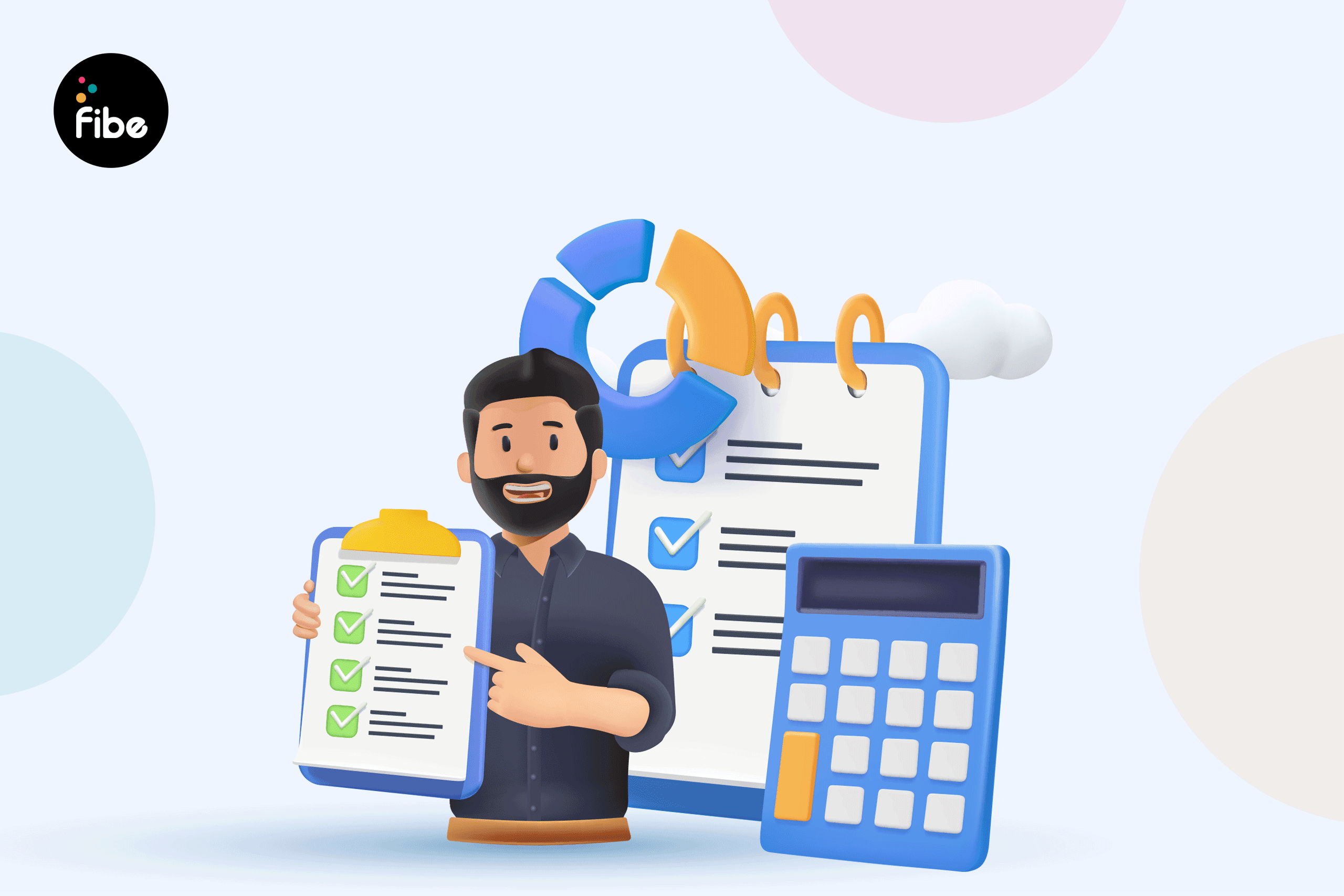- Home
- Blogs
- Personal Loan
- Foreclosure Charges For Personal Loan
Foreclosure Charges for a Personal Loan
Reviewed by: Fibe Research Team
- Updated on: 4 Mar 2025
Reviewed by: Fibe Research Team

The RBI guidelines on foreclosure charges on personal loans prohibit lenders from levying this charge on credit with floating rates. The prepayment charges apply if you decide to repay your loan amount in a single payment before the end of the tenure. Usually, personal loan foreclosure charges vary between 2% and 6% of the outstanding loan amount.
Certain lenders do not levy any foreclosure charges on personal loans. You can apply personal loan with no foreclosure charges to save on interest costs. To know more about how these charges apply, read on.
Initiating the prepayment procedure and calculating applicable charges can be confusing. If you’re planning to close your personal loan early, you can follow these steps:
Settling your credit before the tenure can offer significant advantages. Here are a few to consider.
Enjoy reduced interest payments, especially on loans with high rates, that you would otherwise have paid during the repayment duration.
It helps boost your credit score by reducing your overall debt and improving your debt-to-income ratio, making it easier for you to qualify for loans in the future.
Paying a loan early can ease the stress of making regular payments for your personal loan EMIs.
Proceed with the prepayment process once you know the personal loan foreclosure charges, penalties and other requirements. This way, you can make an informed decision about whether or not to pay off your loan ahead of schedule.
At Fibe, you can get an Instant Cash Loan without foreclosure charges within a few minutes. Simply download our Personal Loan App and get funds of up to ₹5 lakhs with minimal documentation.
It is generally advisable to prepay your credit, but you need to consider the following things:
The prepayment fees are typically a percentage of the outstanding loan amount or a flat fee, depending on the lender’s policy. The exact calculation method may vary from one lender to another.
Here is the ideal procedure to pay off your credit before the end of the tenure-
The following are the guidelines laid out by the Reserve Bank of India on prepayment charges-
The prepayment of personal loans serves the following purposes-
Yes, most financial institutions charge foreclosure fees for personal loans. At Fibe, there are zero charges if you foreclose your loan.
Here is a brief overview of the prepayment charges-
You can evade this fee by choosing a lender like Fibe that does not levy a foreclosure charge.
Yes, you can get a personal loan without any prepayment fees on Fibe.
Follow this strategy to know whether foreclosing a credit will be reasonable-
The penalty for foreclosure of a personal loan generally ranges between 2% and 6% of the outstanding loan amount.
According to the RBI guidelines, you do not need to pay foreclosure charges on personal loans with floating interest rates. However, you need to pay foreclosure charges on personal loans with fixed interest rates. These charges depend on the specific rules and regulations of lenders.
Yes, banks can and often do, levy foreclosure charges on personal loans, which are typically between 3% and 6% of the outstanding loan amount.